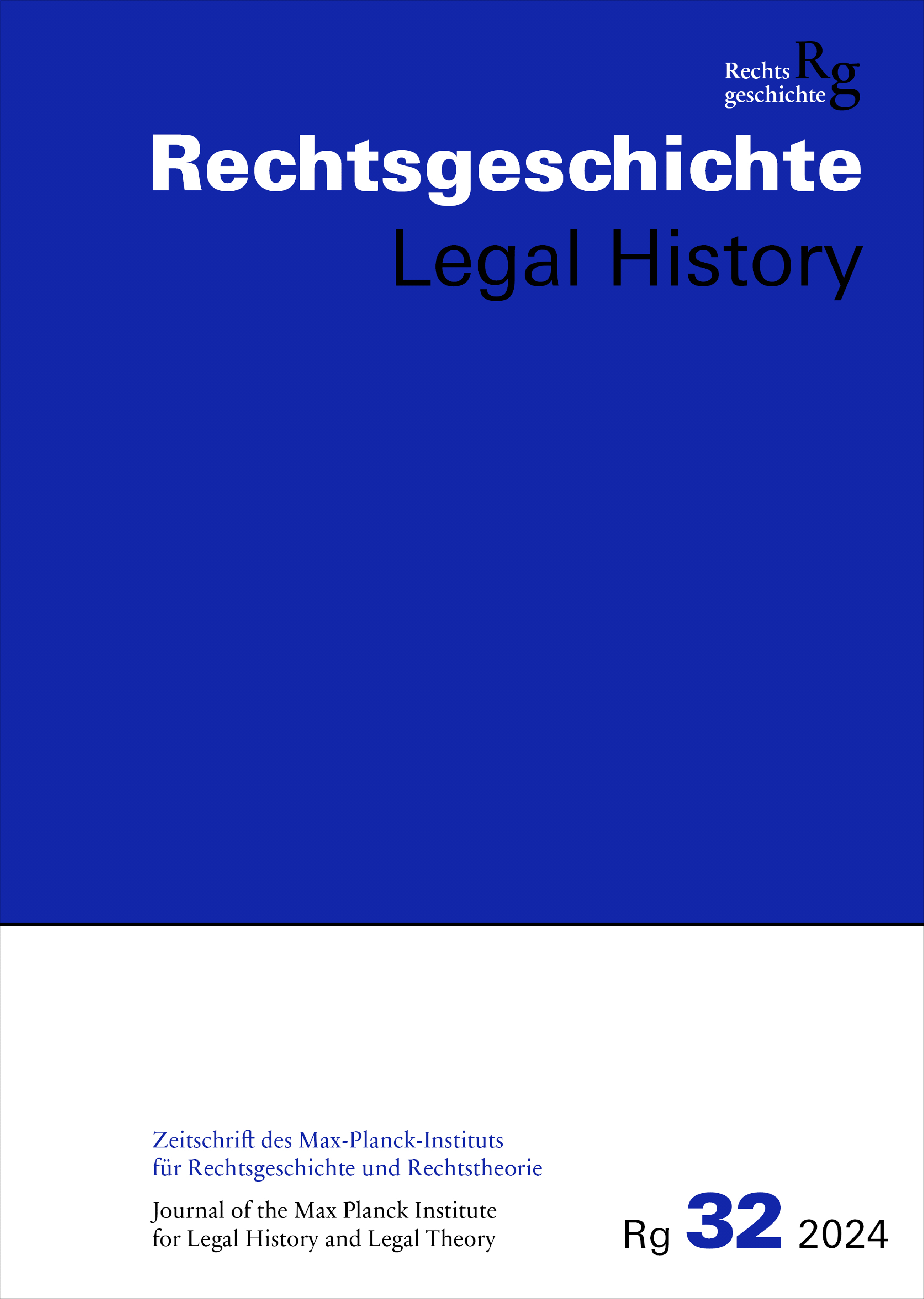Understanding Divorce In Afrikaans: A Comprehensive Guide
Divorce in Afrikaans is a topic that often sparks curiosity, especially for those who are diving into the rich cultural and linguistic tapestry of South Africa. If you’ve ever wondered how this legal process is approached in Afrikaans-speaking communities, you’re in the right place. This article will break down everything you need to know, from the language nuances to the cultural implications, all in an easy-to-understand format. So, buckle up and let’s dive in!
Divorce might seem like a universal concept, but when you explore it through the lens of Afrikaans, it takes on a unique flavor. The Afrikaans language, with its distinct vocabulary and grammar, adds depth to the way people discuss and perceive separation. Whether you're learning Afrikaans or simply curious about how different cultures handle divorce, this guide has got you covered.
Before we jump into the nitty-gritty, let’s set the stage. Divorce isn’t just a legal matter—it’s deeply intertwined with emotions, traditions, and societal norms. In Afrikaans-speaking communities, the approach to divorce reflects a blend of modern legal frameworks and age-old cultural values. Let’s explore how this plays out in real life.
- Movierulz Kannada 2023 Risks Legal Alternatives
- Jaime Fanfix Leaks The Ultimate Guide To Understanding And Staying Safe
What Does Divorce Mean in Afrikaans?
Let’s start with the basics. In Afrikaans, the word for divorce is "skil." Simple, right? But don’t let the single word fool you—there’s a whole world of meaning behind it. When you translate "divorce" into Afrikaans, you’re not just swapping words; you’re stepping into a cultural context where the concept of separation carries significant weight.
In Afrikaans-speaking households, discussions about divorce are often layered with emotion and tradition. While the legal process might follow similar steps to other countries, the way people talk about it—using phrases like "ontbinding van die huwelik" (dissolution of marriage)—reveals a deeper cultural understanding.
For those learning Afrikaans, understanding these nuances is crucial. It’s not just about memorizing vocabulary; it’s about grasping the cultural significance behind the words. So, whether you’re brushing up on your Afrikaans skills or exploring the topic for personal reasons, this section will give you a solid foundation.
- Mirzapur Cast A Deep Dive Into The Stars Of The Blockbuster Series
- Filmy Hit Com The Ultimate Destination For Movie Buffs
Common Phrases Related to Divorce in Afrikaans
Now that we’ve covered the basics, let’s dive into some common phrases you might encounter when discussing divorce in Afrikaans. These aren’t just random words—they’re tools that help you navigate conversations with confidence.
- Skiloproes – Divorce proceedings
- Huwelikse kontrak – Marriage contract
- Voogdskap – Custody
- Onderhoud – Maintenance or alimony
- Gemeenskaplike eiendom – Joint property
These phrases aren’t just useful for legal contexts; they also pop up in everyday conversations. Imagine overhearing a discussion about "onderhoud" or "voogdskap" at a braai (barbecue). Knowing these terms can help you join the conversation seamlessly.
The Legal Process of Divorce in Afrikaans
So, how does the legal process of divorce work in Afrikaans-speaking communities? Let’s break it down step by step. First, it’s important to note that the legal framework for divorce in South Africa is the same regardless of language. However, the way people approach it can vary significantly based on cultural factors.
Filing for Divorce
The first step in the divorce process is filing a petition with the court. In Afrikaans, this is referred to as "die skiloproes instel." This step involves submitting the necessary paperwork and outlining the reasons for the divorce. Common reasons include irreconcilable differences, adultery, or abandonment.
Division of Assets
Once the divorce petition is filed, the next step is dividing assets. In Afrikaans, this is called "verdeling van eiendom." This process can get complicated, especially if the couple has a joint property agreement. It’s crucial to have a clear understanding of the marriage contract to avoid disputes.
Child Custody and Maintenance
Another critical aspect of divorce is child custody and maintenance. In Afrikaans, these terms are "voogdskap" and "onderhoud," respectively. Decisions regarding custody are made in the best interest of the child, while maintenance payments are calculated based on the financial capabilities of both parties.
Cultural Perspectives on Divorce in Afrikaans
While the legal process is straightforward, the cultural perspective on divorce in Afrikaans-speaking communities adds another layer of complexity. Traditionally, marriage has been viewed as a lifelong commitment, and divorce was seen as a last resort. However, times are changing, and attitudes towards divorce are evolving.
Younger generations are more open to the idea of divorce, viewing it as a necessary step when a marriage no longer works. Older generations, on the other hand, might still see divorce as a failure. This generational divide creates interesting dynamics in Afrikaans-speaking households.
Divorce in Afrikaans Literature and Media
Divorce isn’t just a legal or cultural topic—it’s also a popular theme in Afrikaans literature and media. Authors and filmmakers often explore the emotional and psychological aspects of divorce, giving audiences a deeper understanding of its impact.
Books on Divorce
One notable book is "Die Huwelik van Anna Karenina," which, while not originally written in Afrikaans, has been translated and resonates with Afrikaans-speaking readers. The story delves into the complexities of marriage and the consequences of divorce in a society that values tradition.
Films and TV Shows
In the world of film and TV, Afrikaans productions like "Die Tyd van Skil" tackle the topic of divorce head-on. These shows not only entertain but also educate viewers about the realities of separation in modern South Africa.
Challenges Faced by Afrikaans-Speaking Couples
Divorce isn’t without its challenges, and Afrikaans-speaking couples face unique obstacles. One of the biggest hurdles is the stigma associated with divorce in certain communities. Even though attitudes are changing, some people still view divorce as a personal failure.
Another challenge is the language barrier. While Afrikaans is one of the official languages of South Africa, not all legal documents are available in Afrikaans. This can make the divorce process more complicated for those who prefer communicating in their native tongue.
Support Systems for Afrikaans-Speaking Individuals
Thankfully, there are support systems in place to help Afrikaans-speaking individuals navigate the divorce process. Counseling services, both in-person and online, offer guidance and emotional support. Additionally, there are Afrikaans-speaking lawyers and mediators who specialize in divorce cases, ensuring that clients feel understood and supported throughout the process.
Statistics on Divorce in Afrikaans-Speaking Communities
According to recent data, the divorce rate in South Africa has been steadily increasing over the past decade. While specific statistics for Afrikaans-speaking communities are hard to come by, anecdotal evidence suggests that the trend is similar. In fact, a study conducted by the University of Stellenbosch found that younger Afrikaans-speaking couples are more likely to seek divorce than their older counterparts.
These statistics highlight the need for increased awareness and support systems for Afrikaans-speaking individuals going through divorce. By understanding the trends and challenges, we can work towards creating a more supportive environment for everyone involved.
How to Talk About Divorce in Afrikaans
Talking about divorce isn’t always easy, especially in Afrikaans-speaking communities where cultural norms play a significant role. However, open and honest communication is key to navigating the process successfully. Here are a few tips for discussing divorce in Afrikaans:
- Use respectful language when referring to your ex-partner
- Avoid blaming or shaming during conversations
- Seek professional help if emotions run high
- Encourage open dialogue with family and friends
Remember, the goal is to create a safe space for everyone involved to express their feelings and concerns. By fostering a supportive environment, you can make the divorce process less daunting for everyone.
Conclusion: Embracing Change
Divorce in Afrikaans is more than just a legal process—it’s a reflection of changing societal norms and values. While the concept might carry emotional weight, it’s important to approach it with understanding and compassion. Whether you’re navigating the process yourself or supporting someone who is, remember that there’s no shame in seeking help.
So, what’s next? If you found this article helpful, feel free to share it with others who might benefit from the information. And if you have any questions or thoughts, drop them in the comments below. Together, we can create a more informed and supportive community for everyone.
Table of Contents
What Does Divorce Mean in Afrikaans?
Common Phrases Related to Divorce in Afrikaans
The Legal Process of Divorce in Afrikaans
Cultural Perspectives on Divorce in Afrikaans
Divorce in Afrikaans Literature and Media
Challenges Faced by Afrikaans-Speaking Couples
Support Systems for Afrikaans-Speaking Individuals
Statistics on Divorce in Afrikaans-Speaking Communities
How to Talk About Divorce in Afrikaans
- Jasmine Sherni The Rising Star Whorsquos Taking The World By Storm
- Movierulz Ui Your Ultimate Guide To Navigating The World Of Streaming

Droits personnels, divorce et démocratie Rezension von Saumya Saxena

National Divorce?

Divorce Very Bad for Retirement Finances Squared Away Blog